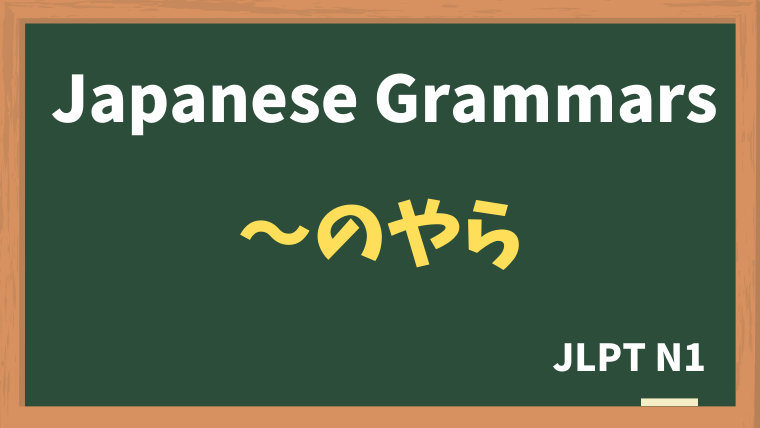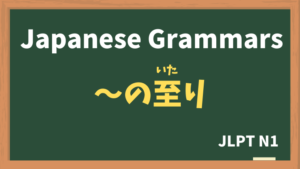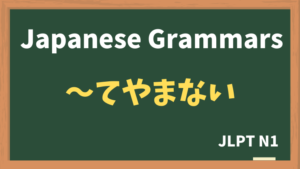
Explanation:〜のやら
fa-check-circleMeaning
“〜のだろうか”
Used to express uncertainty or doubt about a situation, typically when the speaker does not know or cannot understand something. It is often translated as "I wonder..." or "I don’t know..." in English and is used in informal speech to question or speculate about the unknown. It adds a sense of vagueness or puzzlement to the sentence.
fa-check-circleForm
V(plain form) + のやら
イA(plain form)+ のやら
ナAな/だった + のやら
Nな/だった + のやら
fa-check-circlePoints
- Expression of Uncertainty: "〜のやら" is used when the speaker is unsure or confused about something.
- Informal Use: It is typically used in casual or conversational contexts.
- Wondering or Speculating: The speaker is pondering or expressing a lack of knowledge or understanding.
fa-check-circleJLPT Level
N1
Sample sentenes
息子は大学を卒業したのに、仕事もせずに何をやっているのやら。
Even though my son graduated from university, I wonder what he’s doing without working.
息子はもう35歳なのに、彼女もいないし、結婚する気があるのやら。
Even though my son is already 35, I wonder if he has any intention of getting married, since he doesn’t even have a girlfriend.
もうすぐ大学入試なのに、トムさんは勉強せずにゲームばかりして、何を考えているのやら。
With the university entrance exams coming up soon, I wonder what Tom is thinking, spending all his time playing games instead of studying.
いつになったら、日本語が上手に話せるようになるのやら。毎日8時間も勉強しているのに、全然上手にならない。
I wonder when I’ll be able to speak Japanese fluently. Even though I study for eight hours every day, I’m still not improving at all.
勤めていた会社は倒産するし、これからどうしたら良いのやら。
The company I worked for went bankrupt, and I wonder what I should do from here on.
Vocabulary
| Japanese |
English | |
| 倒産する | とうさんする | to go bankrupt |






